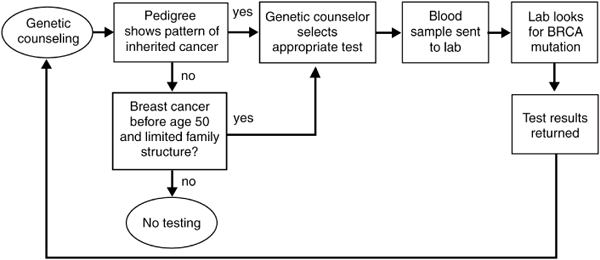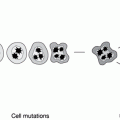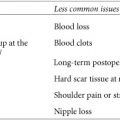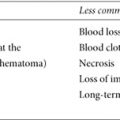Chapter 5
Genetic Counseling
AS GENETIC SCIENCE brings us closer to personalized medicine, the need for specialized health care is increasing. One such specialty is genetic counseling, the process of evaluating an individual’s personal and family medical history to assess cancer risk and customize a plan for risk management or treatment. This well-established field is evolving as new genetic discoveries are made.
The Value of Counseling
If you suspect that cancer runs in your family, have signs of a hereditary cancer syndrome, or think you should be tested for a BRCA mutation, you’ll benefit from talking with a genetic counselor, who will provide the following services:
• Identify patterns of inherited cancer that run in your family.
• Determine which family members, if any, should consider genetic testing, and in what order.
• Discuss the benefits and limitations of genetic testing for you and your family to help you decide if testing is right for you.
• Decide which genetic test is most appropriate.
• Interpret test results and explain what they mean for you and your family.
• Estimate your cancer risk, whether or not you have a BRCA mutation.
• Discuss how to manage and reduce your cancer risk.
• Explain how a mutation affects your risk of another cancer or your treatment options (if you’ve been diagnosed with cancer).
The National Comprehensive Cancer Network (NCCN)—a consortium of the nation’s leading cancer experts who dictate standard-of-care guidelines in oncology—and most other medical organizations recommend genetic counseling before genetic testing. It’s a critical first step, even if you decide not to be tested. If you are tested, it may determine whether your insurance will cover the cost.
MY STORY: Don’t Try This—Genetic Testing without Counseling
I received my genetic test results without the benefit of a genetic counselor because I didn’t know there was such a thing! A nurse took my family history, read the options on the brochure, and told me I would probably test positive. No one ever asked me why I wanted to be tested or what I would do with the results. Without any preparation, I was informed that I was positive. I met with a group of doctors, who told me I needed to have bilateral mastectomies right away. No one wanted to answer questions about my risk, my options, or what this test result meant for my family. It is cruel to receive results in this way, then be sent on your way and wished good luck. I never felt so alone in my life.
—ALICE
What to Expect from the Process
The NCCN recommends guidelines for referring individuals for BRCA testing. The criteria are not always straightforward, however, and no risk-assessment model by itself can replace an evaluation by a genetics expert. After an in-depth discussion of your medical history and pedigree, your counselor will use computerized programs, national guidelines, and her expertise to determine whether you or other relatives would likely benefit from genetic testing.
• If the cancer in a family suggests a sporadic pattern with no evidence of inherited disease, genetic testing is not recommended.
• If your pedigree shows evidence of an inherited syndrome or pattern of cancer for which a genetic test is available, testing is recommended.
If you decide to be tested, your counselor will explain the process and arrange for a blood or mouth rinse sample to be sent to the testing laboratory. After your test, she’ll provide a copy of your results and explain how they affect your risk of breast, ovarian, or other cancers. She’ll also discuss your risk management options. If you’re interested, she can inform you of screening, prevention, or treatment research studies for which you may be eligible. If you’ve already been tested for a mutation without the benefit of prior counseling, a genetics expert can provide this same level of post-testing information and support. Based on your family pedigree, she’ll identify other family members who might also benefit from genetic counseling and testing and provide contact information for an expert in their area. If your test was negative, your counselor may recommend other genetic tests to help further define the cause of the cancer in your family.

Genetic counseling and testing process
Genetic counseling centers that provide in-person services may require separate visits for counseling, testing, and receiving results. For individuals who decide to pursue testing, most centers now draw a blood sample during the first counseling session, thereby saving the patient another visit, and then provide test results either over the phone or during another appointment. Some genetic counselors require a separate visit for the blood sample, so it’s a good idea to ask about a center’s process when you make your appointment.
Why You Need an Expert to Unravel Your Genetic History
When a stubborn rash refuses to go away, you see a dermatologist. When cancer is diagnosed, you consult with an oncologist. Likewise, when you want to know if your family has a hereditary pattern of disease or learn about your risk for cancer, you need a genetics professional. Your primary physician, gynecologist, or other clinician may be skilled and compassionate professionals, but if they don’t have current and advanced genetics training and expertise—some nurses and other healthcare providers do—and the time to provide a detailed consultation, they’re not the best source to determine whether you should be tested, to interpret your results, or to assess your overall risk.
Stay updated, free articles. Join our Telegram channel

Full access? Get Clinical Tree







